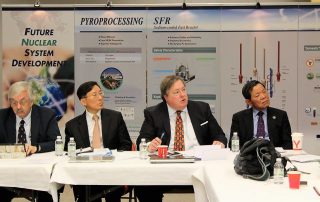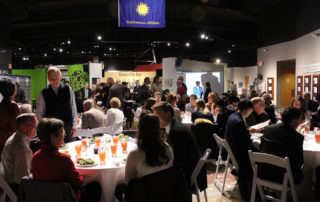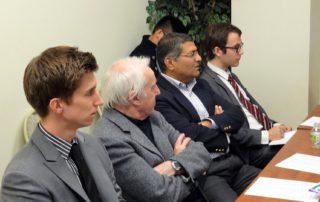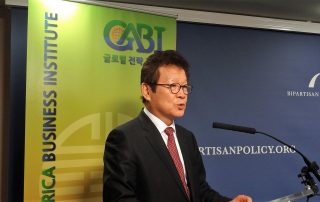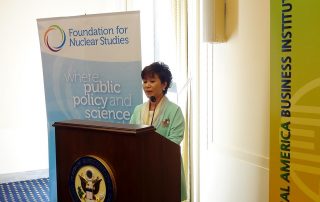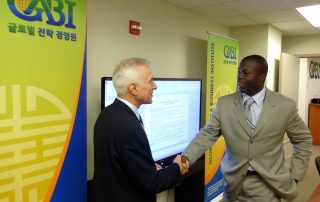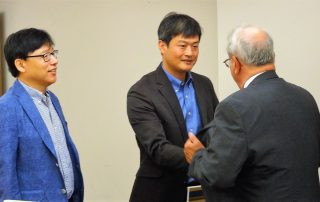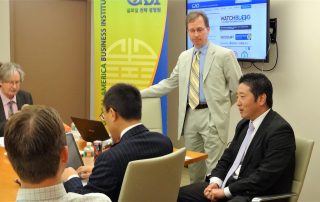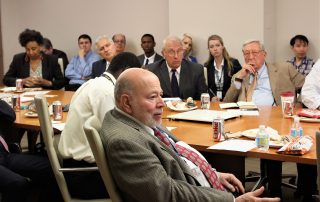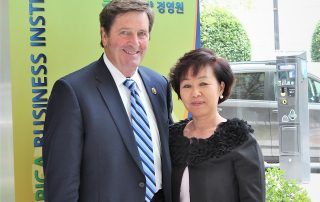At present, dialogue on nuclear technology in Washington, DC has tended to focus on issues related to nuclear materials security, nonproliferation, and arms control issues, rather than nuclear power. As a result, the policy community in Washington tends view nuclear power technologies with some skepticism. Given this environment, it is GABI’s commitment to promote, educate, and enhance the understanding of the vital role of nuclear power from the perspective of ensuring energy security, reliability and sustainability.
GABI-KEIA Workshop: Future Directions for US-Korea Civil Nuclear Cooperation
The globalized nature of the civil nuclear supply chain and the expansion of NPP construction outside of Europe and North America have increased the urgency of enhanced cooperation between the U.S. and the Republic of Korea in nuclear energy. Both countries have many complementarities with regards to nuclear power, and current global trends forecast

